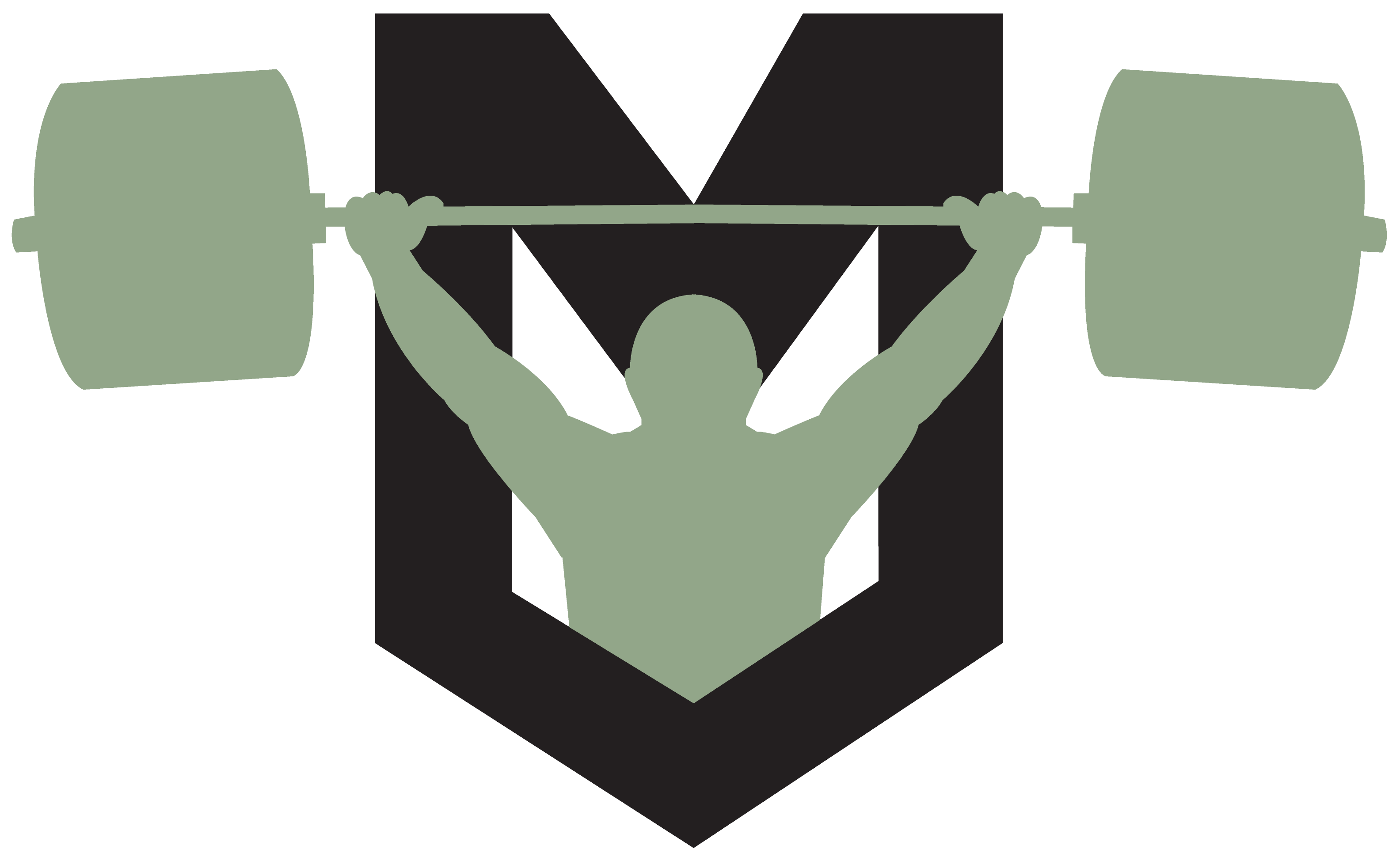The “Eat What You Want” E-Book by @rebekahhopetilson is live! Launch Price is only $19! https://www.mashelite.com/eatwhatyouwant/
=========================
The Book comes complete with: – Macro Calculator – Explanation of Macros
-Determining Personal Macros and Goals
– Meal Planning and Grocery Shopping
– Macros and Real Life
-Budgeting and More!
https://www.mashelite.com/eatwhatyouwant/
Coach and Athlete Relationship
Some might think that this is a straightforward answer, but it is not. It changes overtime. The relationship starts one way and ends up another. Well at least it should. A lot of coaches want total control throughout a lifter’s career, but nothing could be more incorrect. Let me explain!
When an athlete first starts, they have no idea what they are doing. They have no idea how their bodies will respond to training. They have no idea how their body is moving throughout space. At this point the coach should have total control of an athlete’s training. The coach will know best because they will know what works best for rookie lifters. They will focus on basics and GPP. There will be a huge emphasis on technique, timing, and movement. A lot of the movement patterns that are developed during this stage will be with the athlete forever, so attention to detail is everything.
During this phase the lifter should compete often, so they and the coach learn how the athlete is affected by competition. They will learn if they like extra time during warm ups, or if they like to warm up quickly. The coach will learn how the athlete reacts during pressure situations. The coach should put the athlete in as many situational moments as possible to prepare the athlete for the future. Teaching the athlete to compete well is a must as a coach. This rookie stage is the first 2-3 years of an athlete’s career.
Years 3-7 is the intermediate stage where the athlete should begin to have more input. The athlete is beginning to develop an understanding of the way their body works. Not to mention, “If an athlete believes that something will work, it will”! I live by that saying. It is so true. If an athlete is having trouble with their jerk, and they think that push presses will help them, almost 100% of the time the push presses will help them.
Every athlete has a different body that will react differently to certain stimuli. For example, Jon North knew that Front Squats hurt his back. Why would I test that theory? I just did back squats. It’s not like he didn’t positional work because his clean rack position was perfect. If an athlete in this stage, feels that they need more pulls in their training, it will probably work.
The key is learning to fit the suggestions within the coach’s program scheme. Remember, if the volume is well thought out, adding something means subtracting something. If you add push presses, then subtract a press somewhere else. As a coach, the worst mistake is assuming that you know everything about the athlete. If a lifter is a true athlete, they are going to know their own bodies better than anyone else. I suggest using this awesome trait in conjunction with the program that a great coach has designed.
The last stage is 7+ years of training. At this point the athlete knows best. They have performed countless cycles of programming. They have tried countless exercises and variations of the lift. They have had success with certain styles of training, and they have failed with others. Certain volume loads have propelled them to greatness, and others have put them in the hospital.
At this point the athlete needs to have the majority of input about their program. The coach is used to simply guide them in their decisions. Really at this point, the coach is for accountability, guidance, technique feedback, and meet strategy. Travis Cooper at Team MDUSA has been training for over 10 years. All of the coaches including myself give him a ton of freedom in the program that he performs. He gives suggestions, and we offer guidance. He knows his body, and he knows what works. He knows that if he is squatting certain weights, then he is prepared to lift the weights that he is targeting.
All of this requires the coach to remember that he is there for the athlete. All to often the coach thinks that the athlete is there for him/her. They are wrong. Their time has come and gone. If they are truly great coaches, then they derive their pleasure in aiding the athlete in reaching their own goals. My prayer is that more coaches will let go of their pride and remember that they are privileged to have a part in helping an athlete reach awesome goals in life. Coaches are just tools for the athlete.
Yes I feel a sense of victory when one of my athletes does well, but really I am happier for them. I am helping young men and women feel the same sense of accomplishment that I felt when I was young. It’s one of the most rewarding feelings that I have ever experienced. If coaches out there will coach for the right reason, they will feel the most rewarding feeling in the world. A feeling of helping someone else can’t be matched.
2017 is going to be an exciting year for us. We hope that we can help as many people reach their goals as possible. Here are a couple ways that we can help you:
Check out one of our five E-Books:
• “Squat Every Day”
• “Squat Every Day 2”
• “No Weaknesses”
• “Mash Program Sampler”
• “The Mash Blueprint for Program Design”
Check them out here: ⇒ Mash Elite E-Books



